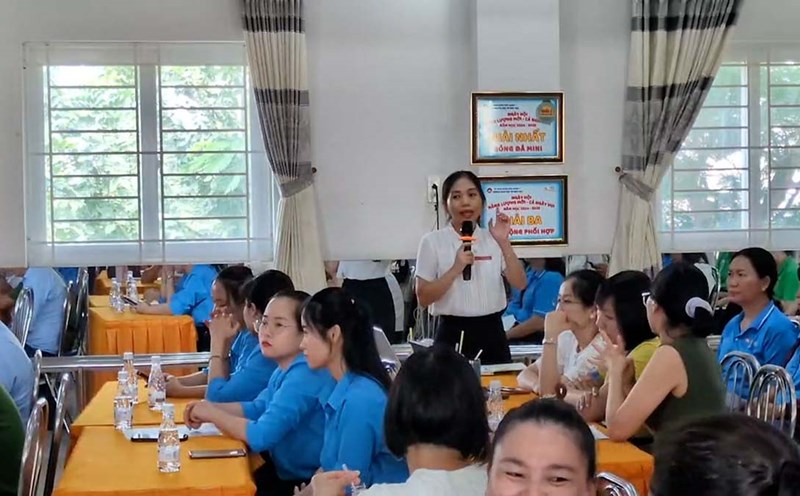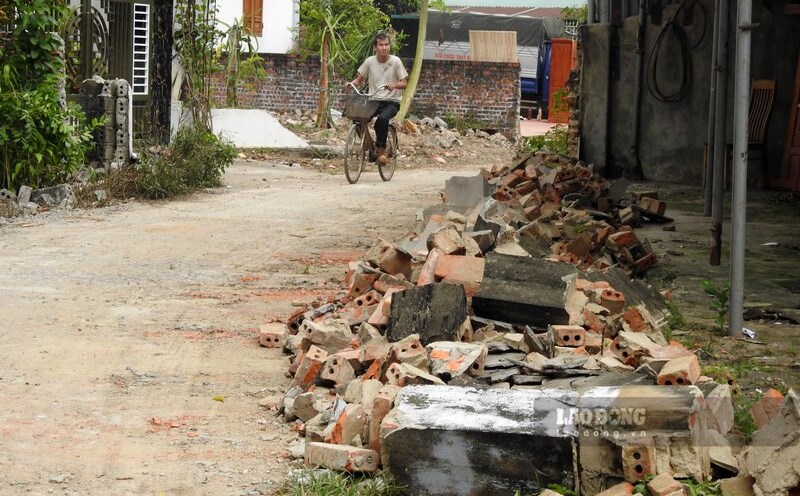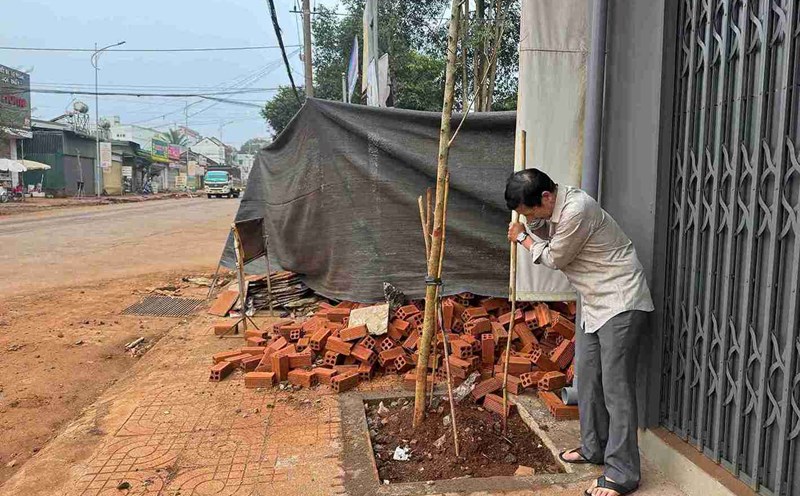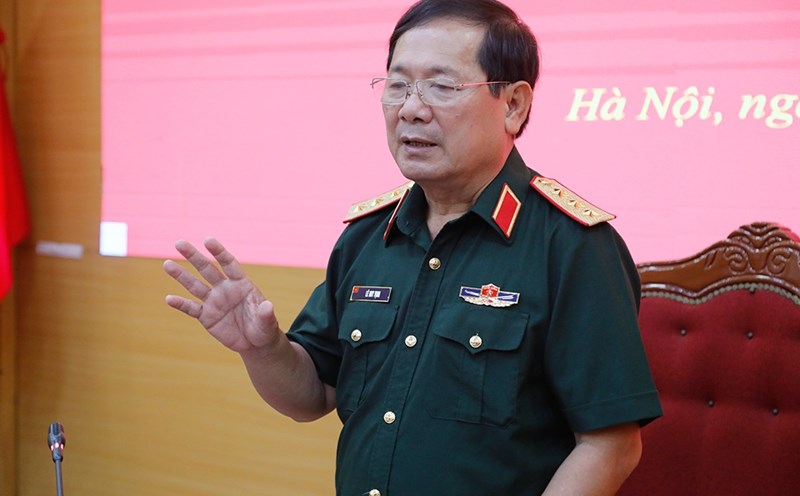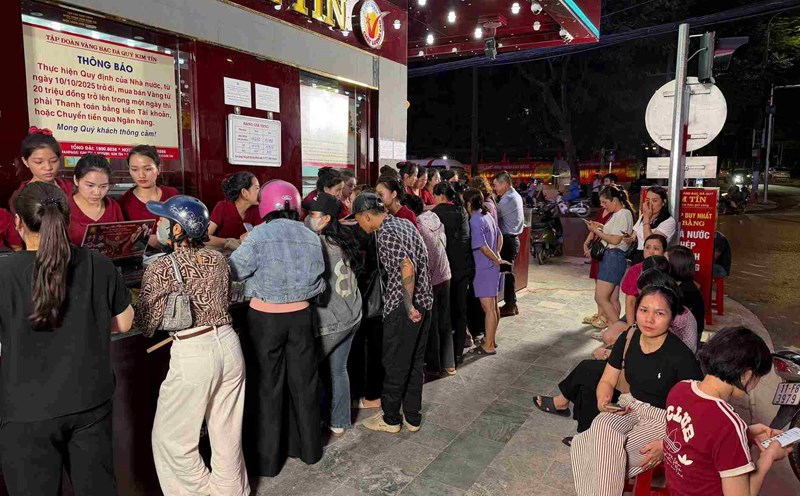A resident in Ta Thanh Oai commune, after holding his grandchild's birth certificate in hand, emotionally said: "This is the first time I have seen the government serving me without having to go anywhere. Everything is guided by dedicated staff, after declaration, you will receive a notice via phone. I just wait for the post office to bring the results to my house".
This is a vivid testament to the effectiveness of the "mobile Public Service" model - an initiative initiated by the Hanoi City Public Administration Service Center. In just a few hours of the evening, dozens of applications were received, hundreds of people were instructed to install and use the National Public Service Portal. Originally unfamiliar operations have now become familiar, easy to understand, and useful.
Not just a bus trip, this is a "mobile machine" of the serving administration, symbolizing the transformation of the public apparatus from "management" to "service". Bringing public services to each hamlet, in addition to working hours, not only saves time and costs for people but also reduces the burden on public agencies, increasing people's satisfaction - something that Hanoi is considering the most important measure in administrative reform.
Moreover, this model also sows the seeds of digital skills from the grassroots. At each stop, administrative staff and post office staff instruct people to download the application, create an account, declare documents, and track the processing progress online. People are gradually forming the habit of working with the government through cyberspace. This is a practical step to promote digital transformation for all people.
If in the past, "working doors" were places where people had to go, now "working doors know how to open themselves and find the people". It is this change in service thinking that has made the public administration more approachable, friendly, flexible and efficient than ever.
Hanoi is piloting, but trips like this can completely spread to many other localities - especially remote areas, where people are still afraid to access technology. When public services become mobile and modern but still maintain the spirit of "for the people", digital transformation will no longer be a distant concept, but a reality that is running on... four wheels on each village road.


